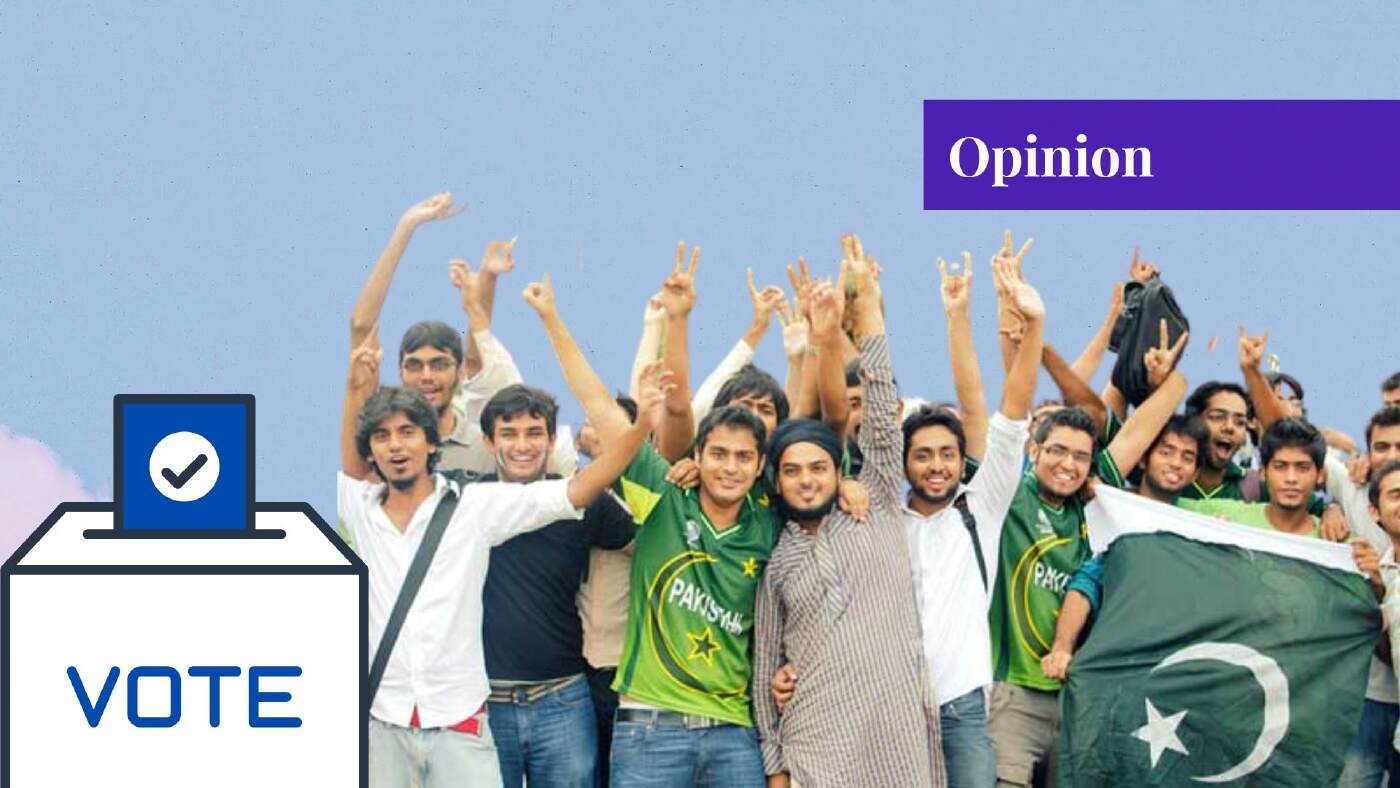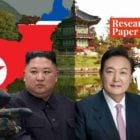Mr Shuraim Ahmad Malik is an independent political researcher from Islamabad. He writes on national and international political issues, governance and public policy conundrums, and pernicious climate change patterns.
Introduction
After the unprecedented rise of Pakistan Tehreek-e-Insaf vis-à-vis the mainstream political set-up of Pakistan in 2011, the events that followed marked the undeniable significance of the role of youth in politics. In a country where the term ‘senior politician’ was all but the main criterion of conferring party tickets, PTI disrupted the fallacious edifice by awarding 35% of the party tickets to young politicians – below the age of 40 – in the 2013 general elections.
The youth was elated as for the first time in years, someone – from among the political leadership – placed them at the heart of his party’s realm. The result of the 2013 general elections, however, was not to the liking of Imran Khan’s PTI as Pakistan Muslim League (Nawaz) gained a landmark victory in the national polls.
‘Patwari’ & ‘Youthia’
Such an outcome translated to PTI’s implausible propensity towards traditional politicians in the wake of the 2018 elections, with only 6% of party tickets apportioned to young politicians for the National Assembly seats. For long, Imran Khan exploited the term ‘Patwari’ to tarnish the image of his rival party – PML (N) – as the party’s leader and former Prime Minister, Nawaz Sharif, is believed to have recruited scores of his party workers in Punjab’s Revenue Department while he was in office, hence the slang.
Without delving deep into the chequered history of the British-led subcontinent with the ‘Patwar System’, it could be argued that the said term gained traction among PTI’s supporters. To come up with a response, PML-N put in place a slang which did more harm than good to the political standing of the party within the young population. ‘Youthia’ – the callous term aimed to denigrate the youth associated with PTI.
The makers of such a term go on to describe it as “a politically immature person whose arguments are based on the fake or fabricated source of information – most often than not, the young followers of PTI.” This derogatory portrayal of youth did little to counterpoise the political narrative manifested by PTI, as it backfired and mutilated the stature of the political party responsible to disparage youth in the first place – PML-N.
Political Families v. the Youth
In a country where the proportion of voters below the age of 35 years is as high as 45.84%, it is counterproductive to come up with a slang – ‘Youthia’ – that not only hurts the sentiments of the young population but also jeopardizes any possibility of seeping through the enormous vote bank of the rival party.
To make things worse, PML-N seems to be hesitant about giving way to young blood – other than those with dynastical backgrounds – in the party and government positions and is persistently commissioning the same set of ministers over and over again. In politics, it is more about perception and less about actuality.
For instance, political families and electables hold sway in PTI as well – and played an integral part in escorting it to power in 2018. However, PTI is still contemplated as the party vying for the interests of the youth in politics in the first place. The reason? It has allured the young population of the country by positing itself as the lone combatant against ubiquitous political players.
Under PTI’s helm, political dynasties were confronted boisterously and for the very first time, people had a heuristic alternate at their disposal. The likes of young, vigorous and zestful ministers conscripted by PTI in KPK served as the cornerstone of the party’s vested predilection towards young leadership.
The Potential of Youth in Politics
Much to the delight of PTI, young politicians delivered exceptionally during their first stint in government from 2013-2018, to an extent that the province – KPK – which was known for never electing the same party in successive terms ended up doing the complete opposite. PTI attained a two-thirds majority in KPK in 2018 on the back of the stellar performance of the province’s young ministers.
In the federal government, Murad Saeed’s Communication Ministry was declared the best performing ministry during the last days of Imran’s rule, while recently Wassiq Qayyum Abbasi became the youngest Deputy Speaker of the Punjab Assembly. PTI could be credited for sagaciously organizing the party around youth, making them the pivot of their political struggle and reaping the ultimate benefit of it by enjoying overwhelming support among the young voters.
Ostensibly, association with the youth works in politics, and for that very reason, the party that will keep the youth intact and engaged will outperform the others in the upcoming 2023 general elections. To say the least, PML-N paid a hefty price for ram-shackling the youth and will continue to do so if the rebranding of the party does not accede on a priority basis.
Suggestions
A parochial mindset needs to be substituted with a pragmatic approach as young voters hold the key to determining the outcome of the 2023 general elections, so better prepare than to regret. To alter its anticipated fortunes, PML-N must:
- Exigently disassociate itself from those who cite youth as ‘ill-informed’
- Reinvigorate engagement with youth via digital platforms
- Revitalize party structure by introducing young guns in senior positions – and ministries when in government
- Dissever the prevalent culture of political dynasty within the party
- Initiate legislation concerning youth issues to become the voice of young Pakistanis
- Come up with a ‘buzzword’ other than ‘Youthia’ to vilify its rival
All in all, it is imperative for all political parties to make amends in their contemporary stratagems in order to enthral young voters. Advice for the parties not intending to do that would be nothing but Dylan Thomas’s words: “Do not go gentle into that good night.”
If you want to submit your articles and/or research papers, please check the Submissions page.
The views and opinions expressed in this article/paper are the author’s own and do not necessarily reflect the editorial position of Paradigm Shift.



















